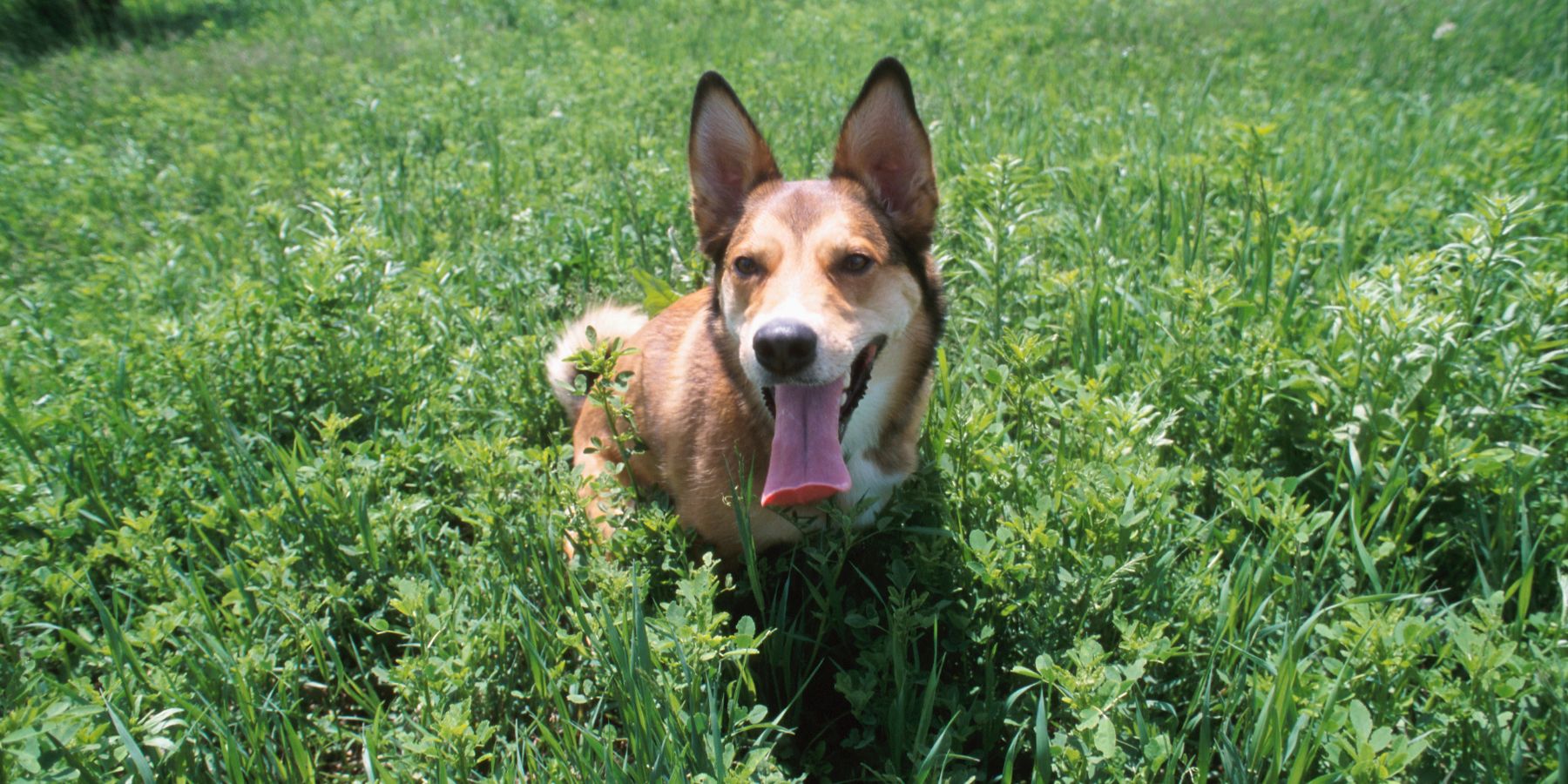Dogs communicate with us in various ways, and one common behavior is panting. While panting is normal, it's essential for dog owners to understand the reasons behind it. In this guide, we'll delve into the various causes of dog panting and what it might signify about your furry friend's health.
Why Do Dogs Pant?
1. Cooling Down
Dogs don't sweat like humans; instead, they release excess heat through panting. This is their natural way of cooling down, especially after physical activity or on a hot day.
2. Excitement or Stress
Panting can be a response to excitement or stress. If your dog is anticipating something, like a walk or playtime, or feeling anxious, they might pant as a way to express these emotions.
3. Pain or Discomfort
Dogs may pant when they're in pain or discomfort. It's a signal that something could be wrong, and further investigation is needed to identify the source of their distress.
4. Underlying Medical Issues
Certain medical conditions, such as respiratory problems, heart issues, or metabolic disorders, can lead to excessive panting. If your dog's panting is persistent or accompanied by other concerning symptoms, a vet visit is crucial.
Observing Your Dog's Panting
1. Normal Panting
Normal panting is typically intermittent and resolves on its own. It's common after physical activity or in warm weather. If your dog returns to a normal breathing pattern, it's likely nothing to worry about.
2. Abnormal Panting
Persistent, heavy, or irregular panting may indicate an issue. If your dog pants excessively without an apparent cause, it's time to investigate further.
What You Can Do
1. Provide a Cool Environment
Ensure your dog has access to shade and water, especially on hot days. Create a cool and comfortable space for them to relax.
2. Monitor Stress Triggers
Identify and minimize stress triggers for your dog. This could include introducing them gradually to new situations or providing a safe and quiet space during loud events.
3. Regular Vet Check-ups
Schedule regular check-ups with your vet to monitor your dog's overall health. They can identify and address potential issues early on.
4. Pay Attention to Changes
Be attentive to changes in your dog's panting habits. If you notice anything unusual or if the panting becomes excessive, consult your vet.
Calming a Panting Dog
If you find your dog excessively panting due to stress, there are effective ways to calm a panting dog. Creating a soothing environment, offering gentle petting, and using calming aids or techniques can help them relax. Understanding your dog's needs and responding appropriately contributes to their overall well-being.
Summary
Understanding the reasons behind your dog's panting is essential for responsible pet ownership. While it's often a normal behavior, being aware of abnormal patterns can help you address potential health concerns promptly.
FAQs about Okra Water
Q1: Can dogs drink Okra Water?
While plain Okra Water is generally safe for dogs, it's crucial to avoid additives like sugar or salt. Consult your vet before introducing new elements to your dog's diet.
Q2: How can I keep my dog cool in hot weather?
Provide shade, access to fresh water, and avoid strenuous activities during the hottest parts of the day. You can also use cooling mats or vests designed for dogs.
Q3: Is panting always a sign of distress in dogs?
No, panting can be a normal physiological response to heat or excitement. It becomes a concern when it's excessive, persistent, or accompanied by other worrisome symptoms.
Q4: Are there specific dog breeds more prone to respiratory issues?
Certain brachycephalic breeds, such as Bulldogs or Pugs, are more prone to respiratory issues due to their anatomy. Regular veterinary check-ups are crucial for these breeds.
Q5: Can stress lead to long-term health issues in dogs?
Yes, chronic stress in dogs can contribute to various health problems, including digestive issues, skin conditions, and a weakened immune system. Managing stress is important for their overall well-being.
Q6: How can I help my dog cope with anxiety?
Creating a consistent routine, providing a safe and comfortable environment, and using calming aids or professional training techniques can help manage anxiety in dogs. If severe, consult your vet for guidance.


